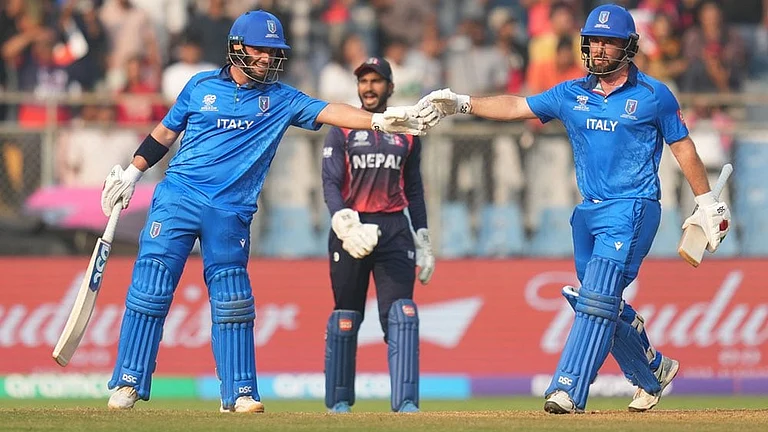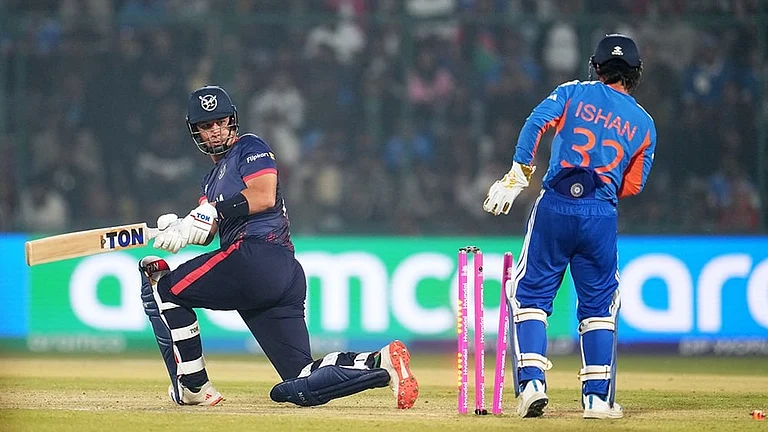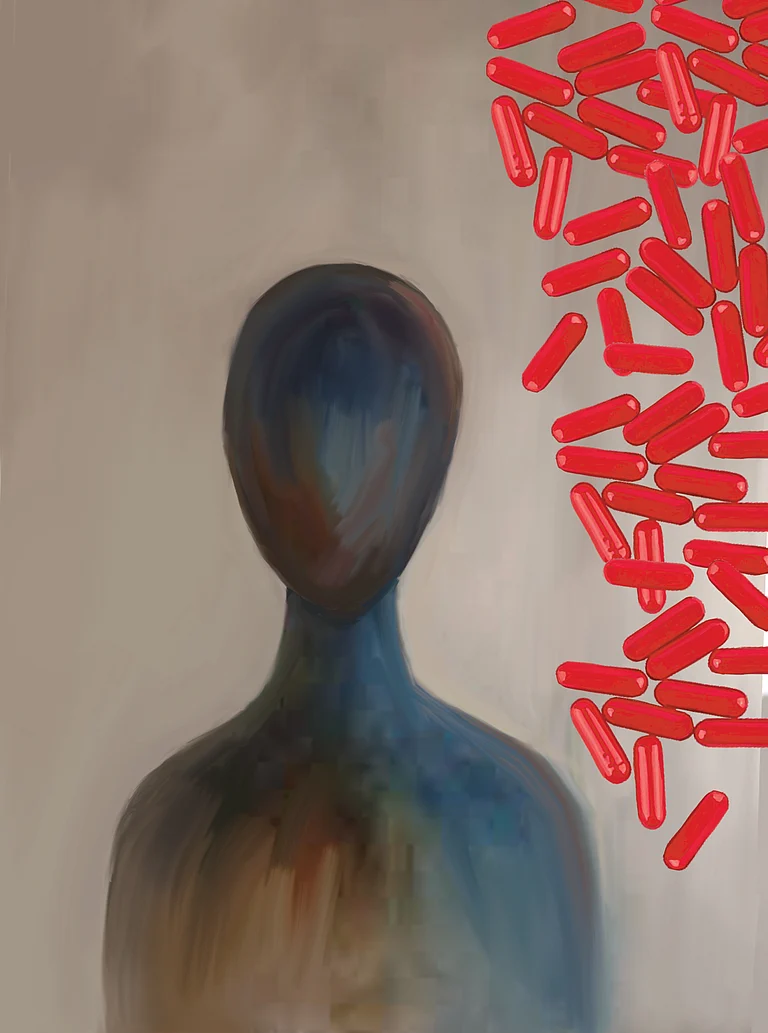A five-judge Supreme Court bench on Tuesday refused to grant legal recognition to same-sex marriages, and left the matter to the legislature to decide. While two judges backed the rights of queer couples to enter into civil unions, three judges disagreed. Majority judges also disagreed that queer couples have the right to adopt and upheld the CARA regulations which exclude queer and unmarried couples.
While CJI noted that the institution of marriage is not static or stagnant and has undergone a sea of change, he said that right to marriage is not a fundamental right and whether marriage equality is legalised is something parliament must decide on -- which was the majority view.
Right to enter into union
The right to enter into a union includes the right to choose their partner and the union's recognition. The failure to recognise such association is discriminatory, the CJI said. Noting that the right to enter into a union cannot be restricted on the basis of sexual orientation, the CJI directed governments to not discriminate against this right of the queer community. Trans people and queer people who are in hetero relationships are to allowed to marry under the existing laws, CJI noted.
Justice SK Kaul too agreed with the judgment of CJI in this regard. "Legal recognition of non-heterosexual unions is step towards marriage equality," Justice Kaul said. However, the other three judges on the bench did not agree with this directive.
Justice Ravindra Bhat, agreeing with the CJI on some points, said there cannot be an unqualified right to marry which is to be treated as a fundamental right. "While we agree that there is a right to relationship, we squarely recognize that it falls within Article 21. It includes the right to choose a partner and intimacy. They are like all citizens entitled to enjoy their right without hindrance," Justice Bhat said.
While recognising that all queer persons have the right to choose their partners, Justice Bhat said the state cannot be obligated to recognise the bouquet of rights flowing from such a Union. Justice Narasimha also says he agrees with the view of Justice Ravindra Bhat.
SC cannot strike down provisions of SMA
With regards to reading down provisions of the Special Marriage Act, 1954, the CJI said that if the court were to add words into the legislation, then it were to take on the role of the legislature. He warned that the court must be careful to not enter the domain of legislature. Whether there is need for change in regime of Special Marriage Act is for Parliament to decide, the CJI said.
No adoption rights
Two out of three judges upheld that the queer couples have a right to adopt but three judges disagreed. CJI DY Chandrachud said that there is no material which proves that only a married heterosexual couple can provide stability to a child. He noted that the adoption regulations are violative of the constitution for discrimination against queer couples. The Central Adoption Resource Authority (CARA) circular not giving adoption rights to queer couples is violative of Article 15 of the Constitution, he noted.
However, Justice Bhat, Justice Hima Kohli and Justice Narasimha disagreed with the CJI on the right of queer couples to adopt and voiced certain concerns.
Discrimination against queer persons
The CJI further provided directions to obviate violence and discrimination against queer couples. State and Union governments have been directed to ensure that there is no discrimination in access to goods and services for queer couples, those that are also available for heterosexual couples.
The judgment comes months after the court heard a clutch of twenty petitions over a period of ten days, filed by same-sex couples, transgender persons and LGBTQIA+ activists that challenged the current marriage laws on the grounds that they do not recognise non-heterosexual marriages, thus perpetuating discrimination against the LGBTQIA+ community. The ten days of hearings witnessed crucial arguments on the rights of the LGBTQIA+ community.
The Bharatiya Janata Party (BJP)-led government had opposed petitions on the grounds that such recognition would "create havoc" in the society and that the petitioners are the "urban elite" and do not represent the majority of the Indian population.
The petitioners, who are same-sex couples, argued that marriage brings with it several rights, privileges, and obligations that are “bestowed and protected by the law”. These rights include legal benefits such as tax benefits, medical rights, inheritance, adoption, among others. The issue is of 'seminal importance', in the words of Chief Justice of India D Y Chandrachud, in a country which is home to millions of LGBTQIA+ people.
Meanwhile the top court recorded the statement of the Union that it will constitute a committee to examine the rights and benefits which can be given to queer couples.


























